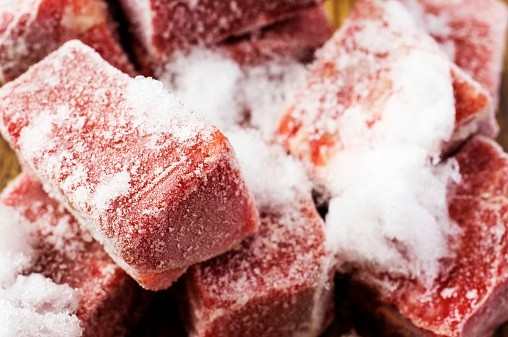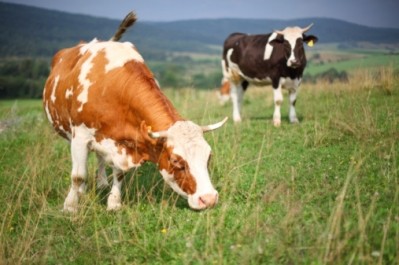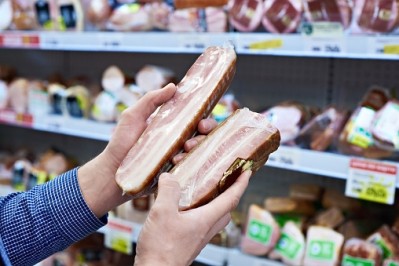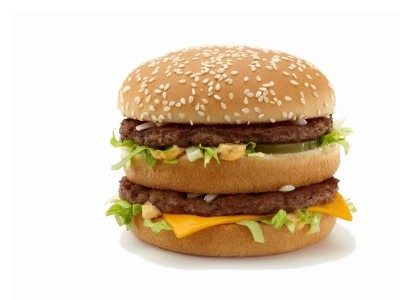Cool Chain Association to cut food waste

Delegates of the organisation met at the CCA Perishables Summit in Barcelona on Wednesday 1 June, and it was here that the group called for collaboration with shippers to slash food waste. The plan is to cut wastage in the cool chain by at least a tenth by 2025.
The cool chain refers to anything involved in the production, storage or distribution of goods that require being stored at low temperatures to stop whatever is being transported from going bad.
The CCA estimated it could save up to 250,000 tonnes of food and reduce CO2 emissions by one million tonnes if it achieved the minimum target of a 10% waste cut by 2025.
Pressing concern
Plans on how it will implement and effectively complete the target remain sketchy. What has been agreed so far is that CCA delegates will reach out to all stakeholders to find a collaborative way of reducing food waste.
“Food wastage is a major issue – and one which we must focus on as an industry,” said Sebastiaan Scholte, CCA chairman and CEO of Jan de Rijk Logistics. “Working together, we can find ways to fight back and make a difference, while at the same time adding value to the supply chain.”
At the Barcelona summit, CCA members were also told to expect dramatic changes in trade patterns as the world’s middle class grows from around 2bn today, to 4.9bn by 2030.
Climate change threat
“Future food demand may increase food sourcing outside Asia for Asian countries, given more competition for land use, increased demand and challenges for water,” said Ken de Witt Hamer, director at air cargo market data specialist WorldACD, who spoke at the summit.
“South Korea is the leading country leasing agricultural land in other countries for own food sourcing. But it is likely that India and China will increase food outsourcing in the future.”
De Witt Hamer said that food outsourcing, drinking water shortages and the ever-growing threat of climate change were other factors that could wreak havoc to the cool transport industry.


















